The World Uyghur Congress and the Uyghur community in Munich organized a commemoration and protest in front of the Chinese Consulate to mark the 35th anniversary of the Barın Massacre.
On April 4, 2025, to mark the 35th anniversary of the Barin Massacre, which took place in 1990, the World Uyghur Congress (WUC) and the Uyghur community living in Munich gathered in front of the Chinese Consulate to honor the victims who lost their lives in the massacre and protest the ongoing genocide policies of the Chinese government against the Uyghur people.
The event was attended by World Uyghur Congress President Turgunjan Alawudun, as well as congress officials and members, Enver Can, President of the Ilham Tohti Initiative, representatives from various civil society organizations, and many Uyghurs living in Munich.
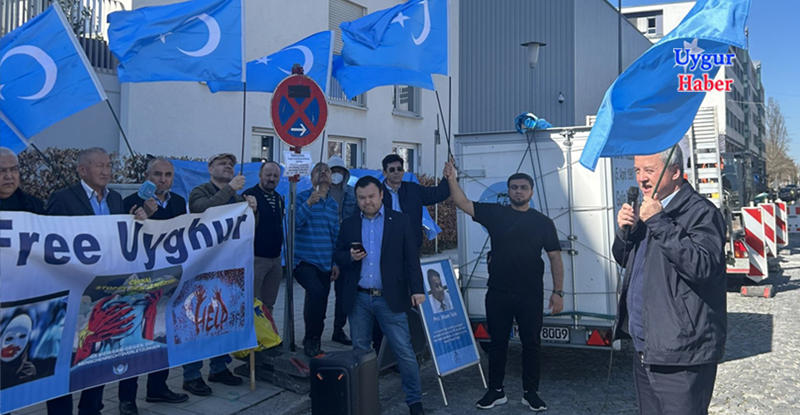
During the event, WUC President Turgunjan Alawudun and other representatives delivered speeches. “The Baren Massacre was the initial phase of the Chinese government’s genocide against Uyghurs,” said WUC President, Turgunjan Alawdun. “This year marks the 35th year since the Baren Uprising, which cost the lives of thousands of brave Uyghurs. We must honour them and seek accountability for all Uyghur victims who lost their lives defending fundamental freedoms.”

Enver Can, President of the Ilham Tohti Initiative, stated, “We remember the thousands of Uyghur victims who have been killed, tortured, arbitrarily sentenced to long prison terms, and forcibly disappeared during and after the Baren Uprising. The Chinese leaders responsible for the crackdown should be held accountable for their crimes.“
The press release of the World Uyghur Congress included the following statements regarding the Barin Uprising:
Remembering the Baren Uprising
The Baren Uprising was one of the earliest signs of widespread Uyghur resistance to the Chinese government’s escalating repression. On April 5, 1990, approximately 200 Uyghurs marched to the local government office in Baren, Akto County, to protest against the Chinese authorities’ policies of political, religious, and cultural oppression. The demonstrations were triggered by growing anger over forced abortions and sterilisations imposed on Uyghur women, part of China’s broader efforts to control and suppress the Uyghur population.
In response, the Chinese government launched a violent military crackdown, reportedly deploying over 18,000 troops to suppress the protest in a town that had only 19,000 residents at the time. Over the following days, thousands of Uyghurs were massacred in what became a chilling precedent for future Chinese state violence in East Turkistan. To this day, no independent investigation has been conducted into the deaths of those who perished.
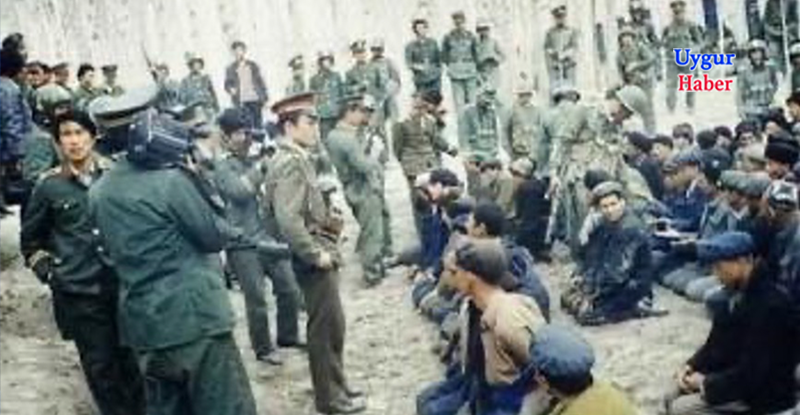
The Baren Uprising was not an isolated incident—it was a warning of the Chinese government’s increasing brutality against the Uyghur people. Over the decades, repression in East Turkistan has escalated into genocide, with the Chinese authorities subjecting Uyghurs to:
- Mass arbitrary detentions, with over one million Uyghurs imprisoned in concentration camps.
- Forced sterilisation and birth prevention policies, continuing the population control efforts that fuelled the Baren protests.
- Systematic forced labour, with Uyghurs coerced into working under inhumane conditions.
- Severe restrictions on religious and cultural expression, erasing Uyghur identity.
- Transnational repression, targeting Uyghurs abroad through harassment, surveillance, and forced deportations.
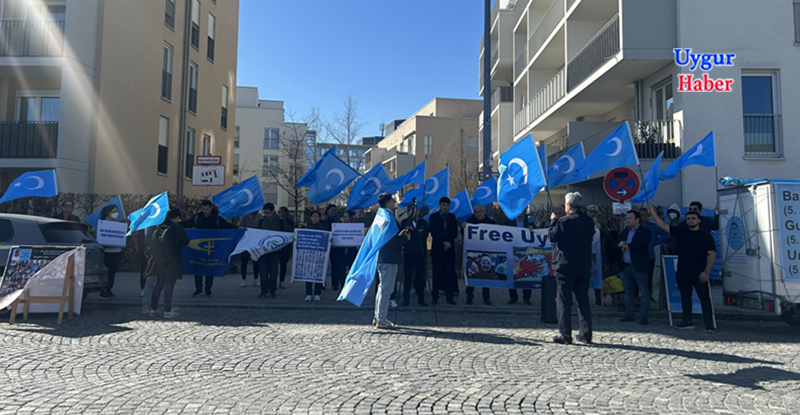
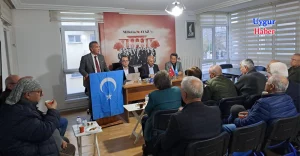
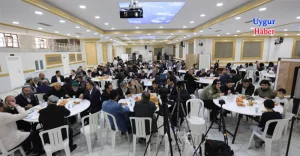
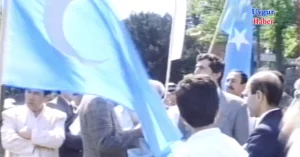
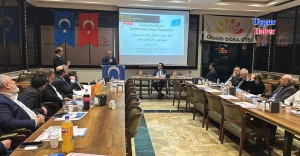
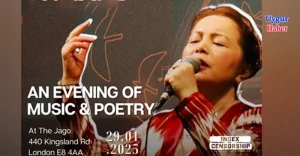



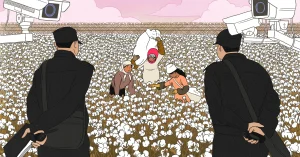
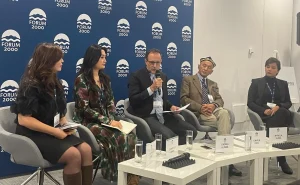

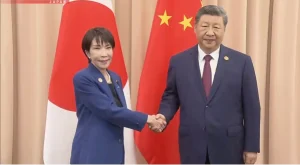
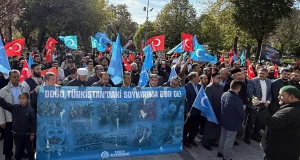

Be First to Comment